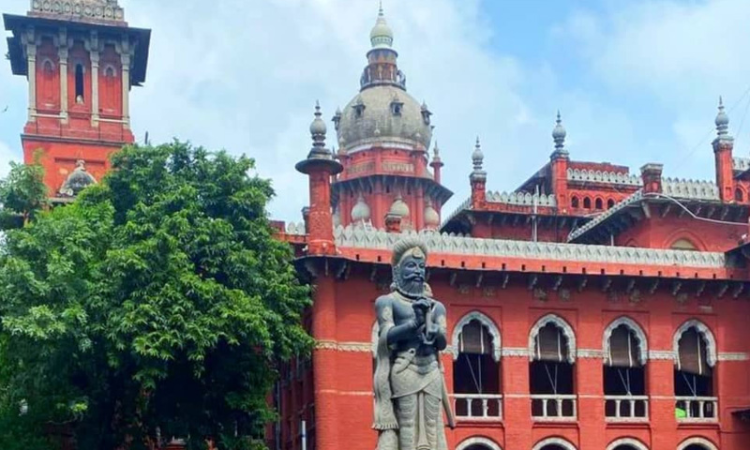Madras High Court Directs TN Engg Admission Secretary To Pay ₹10 Lakhs Compensation To Student For Wrongfully Denying Her Admission
Upasana Sajeev
10 Sept 2022 10:07 AM IST

Lives of youngsters are affected by such unscrupulous academicians and executives.
Next Story


